Every year on the fifth day of the fifth lunar month, people across China and various parts of Asia come together to celebrate one of the country’s most cherished traditional holidays — the Dragon Boat Festival, also known as Duanwu Festival. Rich in history, legend, and vibrant cultural customs, the festival offers a unique glimpse into China’s enduring heritage and values.
Origins Rooted in Legend
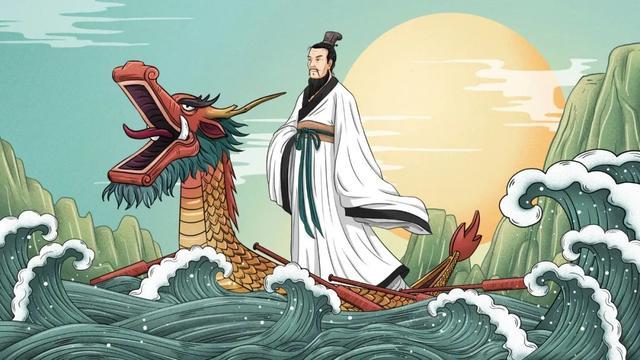
The most widely accepted origin story of the Dragon Boat Festival commemorates Qu Yuan, a patriotic poet and minister from the Warring States period (circa 340–278 BCE). Qu Yuan served the state of Chu and was exiled after political rivals slandered him. In despair over the corruption of his homeland, he drowned himself in the Miluo River on the fifth day of the fifth lunar month.
According to legend, local people raced out in boats to save him or recover his body. They threw zongzi — sticky rice dumplings wrapped in bamboo leaves — into the river to distract fish and evil spirits. These acts are believed to have inspired today’s dragon boat races and the tradition of eating zongzi.
Key Customs and Traditions
1. Dragon Boat Races
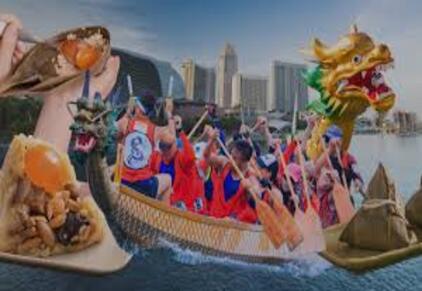
One of the most exhilarating aspects of the festival is the dragon boat races. Long, narrow boats decorated with ornate dragon heads are paddled by teams to the beat of drums, symbolizing the villagers’ original attempt to rescue Qu Yuan. Today, these races are held in rivers and lakes across China and globally in Chinese communities.
2. Eating Zongzi
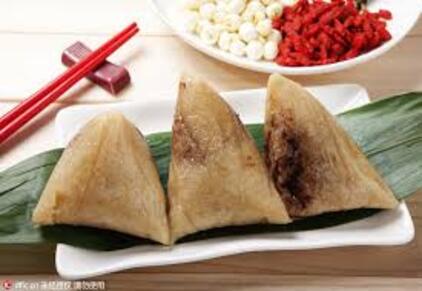
Zongzi are pyramid-shaped glutinous rice dumplings filled with sweet or savory fillings like red bean paste, dates, pork, or salted egg yolk. They are wrapped in bamboo or reed leaves and steamed or boiled. Families often make them together in the days leading up to the festival.
3. Hanging Mugwort and Calamus
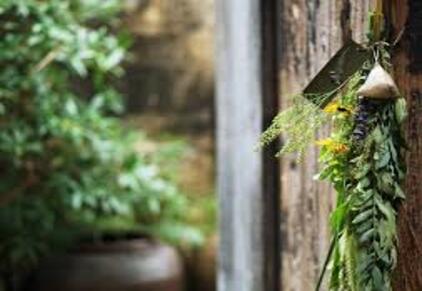
To ward off evil spirits and disease — especially during the hot summer season — people traditionally hang mugwort and calamus on doors and windows. These plants are believed to have cleansing and protective properties.
4. Wearing Perfumed Sachets
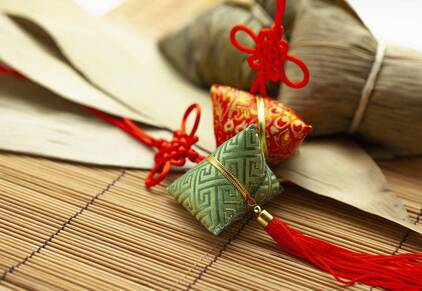
Children often wear fragrant sachets filled with herbs and spices. These are tied with colorful silk threads and are not only festive decorations but also thought to protect from illness.
Modern-Day Celebrations
While the Dragon Boat Festival has deep historical roots, it continues to evolve in modern China. It was officially recognized as a public holiday in 2008, helping to renew interest among younger generations.
In major cities like Beijing, Shanghai, and Guangzhou, local governments and communities organize cultural exhibitions, zongzi-making competitions, and dragon boat races, attracting both domestic and international tourists. The festival has also gained global recognition, with cities in the U.S., Canada, Australia, and Southeast Asia holding annual events to celebrate Chinese heritage.
UNESCO Recognition
In 2009, the Dragon Boat Festival was inscribed on the UNESCO Representative List of the Intangible Cultural Heritage of Humanity, making it one of the first Chinese festivals to receive this honor. This recognition highlights its cultural significance and the global importance of preserving traditional customs.
Final Thoughts
The Dragon Boat Festival is more than just a holiday — it is a celebration of loyalty, remembrance, health, and community spirit. Whether you’re watching a dragon boat race, enjoying a homemade zongzi, or learning about the legend of Qu Yuan, the festival offers a meaningful way to connect with Chinese culture.
As globalization brings cultures closer, the Dragon Boat Festival stands as a proud symbol of China’s rich historical tapestry and enduring traditions.
 Address: Room 2103, Block A, Jiaqiao International Plaza, Baohe District, Hefei City, Anhui Province, China
Address: Room 2103, Block A, Jiaqiao International Plaza, Baohe District, Hefei City, Anhui Province, China Phone: +86 0551-65879669
Phone: +86 0551-65879669 Email: wong@anhuigreenenergy.com
Email: wong@anhuigreenenergy.com WhatsApp: +86-18655171905
WhatsApp: +86-18655171905 Wechat: +86-18156032228
Wechat: +86-18156032228




